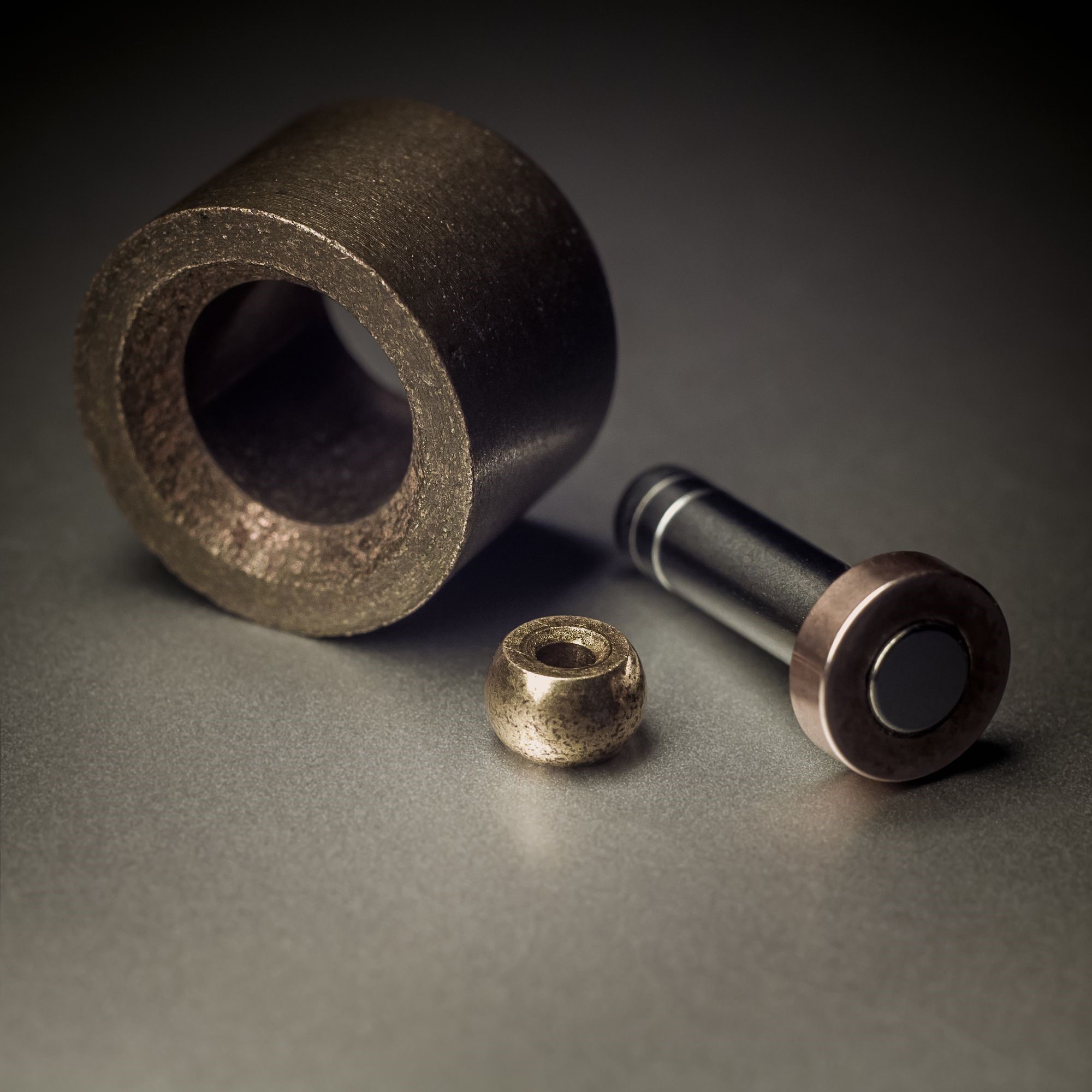For the most part, machine makers have tried to find primary materials that would impart high performance, stability, and cost-effectiveness on their equipment design. However, some metal workers tend to avoid working with bronze bars, not because they find it hard to work with or they find it inferior to other alloys, but simply because they assume that bronze would be more costly.
This is rather unfortunate, as bronze is the perfect material to fabricate sleeve bearings for industrial machines. While it is true that copper, the primary component in making bronze, is costly, those that are made into bronze are typically priced 50 to 70% off the price of the initial copper bar, depending on the point of its manufacture.
Why Choose Bronze for Bearing Applications?
With the famous misconception about bronze’s price out of the way, it is easier to market bronze bars as the ideal primary material for fabricating an ordinary sleeve bearing. Though sleeve bearings are typically small, its function in ensuring the smooth operation of a complex machine is guaranteed.
The alloy is one of the most versatile metals that you can work with. It has a high machinability rating as per ASTM A618 and does not require special treatment before processing. Unlike the common ball bearings, a sleeve bearing is much easier and more cost effective to fabricate. Nevertheless, if the machine calls for a ball bearing, it is also possible to cast bronze bars into spherical bearings.
Bronze Sleeve Bearings Might Be Better than Ball Bearings
Contrary to popular belief, bronze sleeve bearings are more than capable of efficiently operating over a wide range of pressure and velocity (PV) values than any other type of bearing. With proper lubrication, a bronze sleeve bearing can support an equipment design that calls for bearings capable of running at both high and low speeds whilst carrying a specific load.
Bronze offers a wide range of physical attributes for a broad range of bearings application. Its versatility ensures that any bearing made of bronze will be able to offer maximum strength and support for any load-carrying applications. The alloy also has outstanding corrosion, shock, and high temperature resistance, which makes it possible to run without losing any of its load-carrying capabilities.
As a result, any bronze bearing is guaranteed a longer shelf life than any bearing made of other metal alloys. This property can positively affect the user’s maintenance costs in the long run as using bronze bearings reduces the chance of machine downtime.
Sources:
Selecting Bronze Bearing Materials, Copper.org
Bronze and Copper-Alloy Bearings, MachineDesign.com


